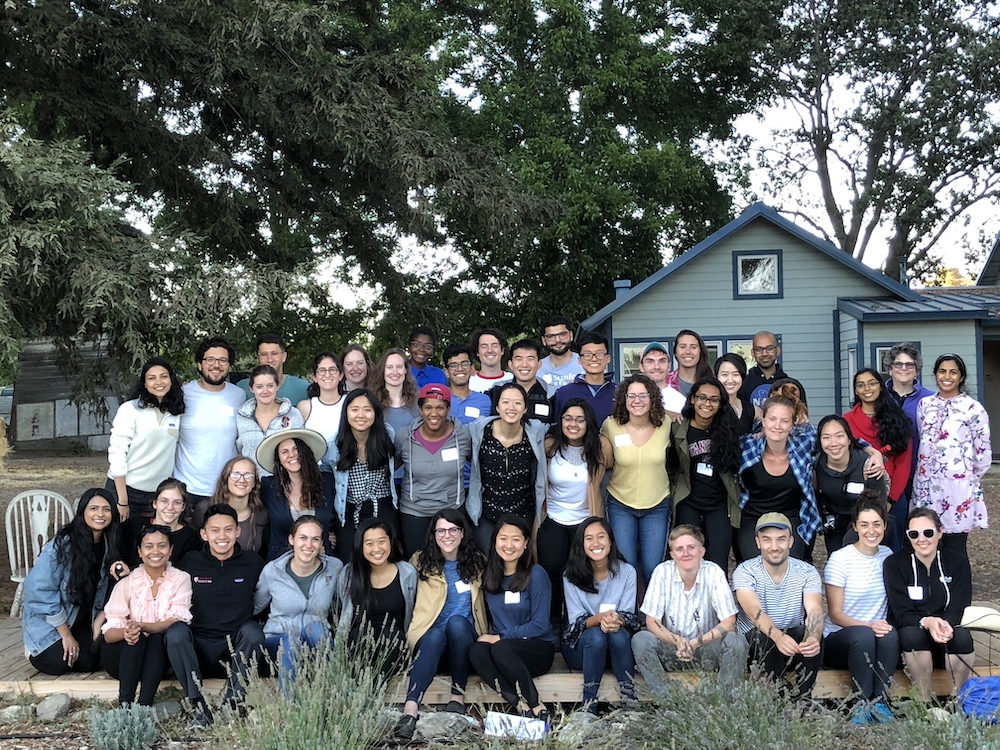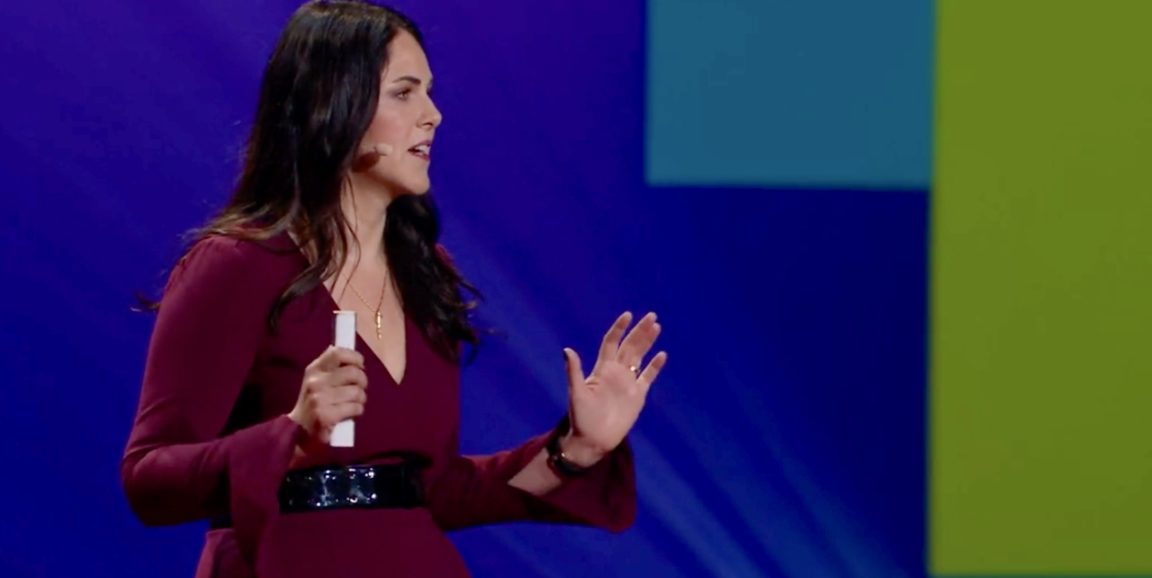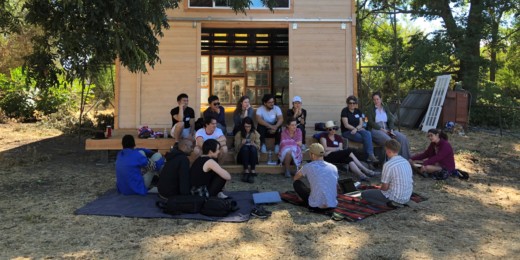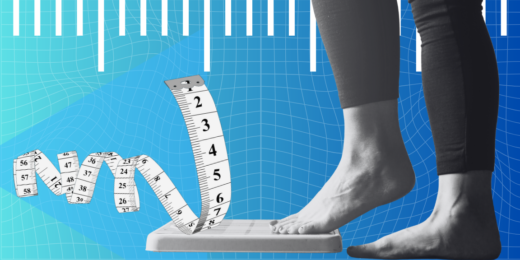Poems about the spleen and tales from the operating room are what Laurel Braitman, PhD, expected to see when she started teaching medical students storytelling five years ago in her role as writer-in-residence for Stanford's Medicine & the Muse.
Her students did pen pieces about the usual medical maladies; but peppered among the submissions, she saw something else that gave her pause -- candid and raw descriptions of anxiety, imposter syndrome and even thoughts of self-harm.
Understanding the challenges
Researching the stresses faced by health care workers, Braitman learned that the feelings of depression, anxiety and hopelessness that some of her students wrote about weren't ephemeral, atypical, or something they'd "grow out of" once they became doctors. But the more opportunities she gave medical students to tell stories about their frustrations, joys and fears, the better the students reported feeling about themselves and their medical careers, Braitman explains in her new TED talk.
"I actually never decided to teach writing to students and faculty as a way of processing their emotions and experiences -- it just happened that way," Braitman told me in an email.
Discovering the benefits
She began teaching for Stanford Medicine & the Muse in 2015, leading storytelling workshops for medical students and for the broader Stanford medical community. Two years later, Braitman joined Stanford's department of anesthesia as faculty and became Stanford Medicine & the Muse's director of writing and storytelling. In addition to teaching and mentoring, she also co-founded a live storytelling series for medical students called TalkRx with medical student Pablo Romano.
One of Braitman's students, Lauren Joseph, wrote about her experience at a Medicine & the Muse storytelling retreat in a Scope story entitled, "I will not be a Robot Doctor":
Students read pieces about times they failed miserably, times they were hurt, and time they will never get back again. ... As I sat there among all of these blessedly wonderful people, I felt their compassion and humility. They were, like me, struggling against the emotional drains of medicine, and yet they managed to elude the pressures that can harden us into becoming Robot Doctors.

The science behind storytelling
Quantifying how much writing can help medical students isn't easy or an exact science; but Candace Kim, an MD-PhD student at Stanford who works with Braitman, is making progress towards this goal.
Since 2017, Kim has conducted surveys of medical students who attend Medicine & the Muse writing workshops. She asks students to rank their distress from low ("0") to maximum distress ("7") using the Mayo Medical Student Well-Being Index, a measure that was co-developed by Tait Shanafelt, MD, Stanford's chief wellness officer.
Data from three workshops spanning 2018-19 suggest the workshops were helpful. Kim found that student distress scores decreased by about 43% from before the workshop to one week after it ended. One month after the workshop, students still reported feeling less distress, but the benefit had waned.
"I really think that doctors have the most important job," Braitman said, "and if their lives are at stake, so are ours."
This is especially true today as the coronavirus pandemic poses new and potentially life-threatening challenges for health care workers.
Combatting the stress of COVID-19
After the COVID-19 outbreak began, Braitman created a new course (available via Zoom and phone), called Writing Medicine. It's open to health care workers and their loved ones, and requires no writing experience or Stanford affiliation.
In this and other writing courses, students learn to be vulnerable, she said. Many rediscover what drew them to medicine in the first place, by sharing their stories, essays and other creative work.
More than 1,000 doctors, trauma nurses, respiratory therapists and other health care workers and their loved ones have participated in the Writing Medicine course. On Saturday mornings, they come together online to "pause, reflect, be creative and share," Braitman said.
Some members of this "virtual medical family" -- who hail from around the globe -- have already published their work. Others write purely for themselves, as a way to help process their experience.
Helping health care professionals express and communicate their feelings won't solve the problem of physician burnout, Braitman explained. But, she said, it is essential "in making sure our healers are healthy enough to heal the rest of us."
Images courtesy of Laurel Braitman and Ted Talks.






